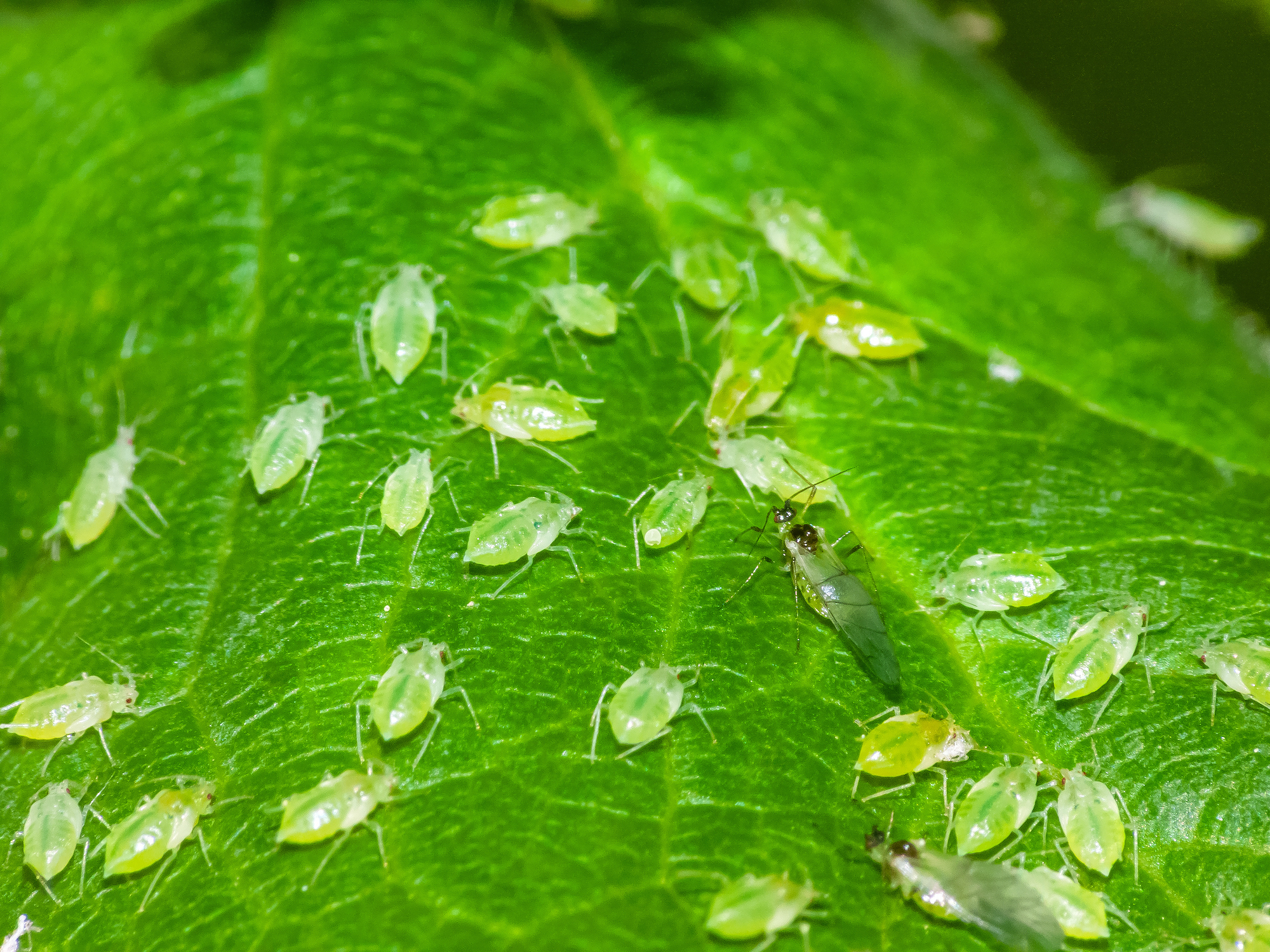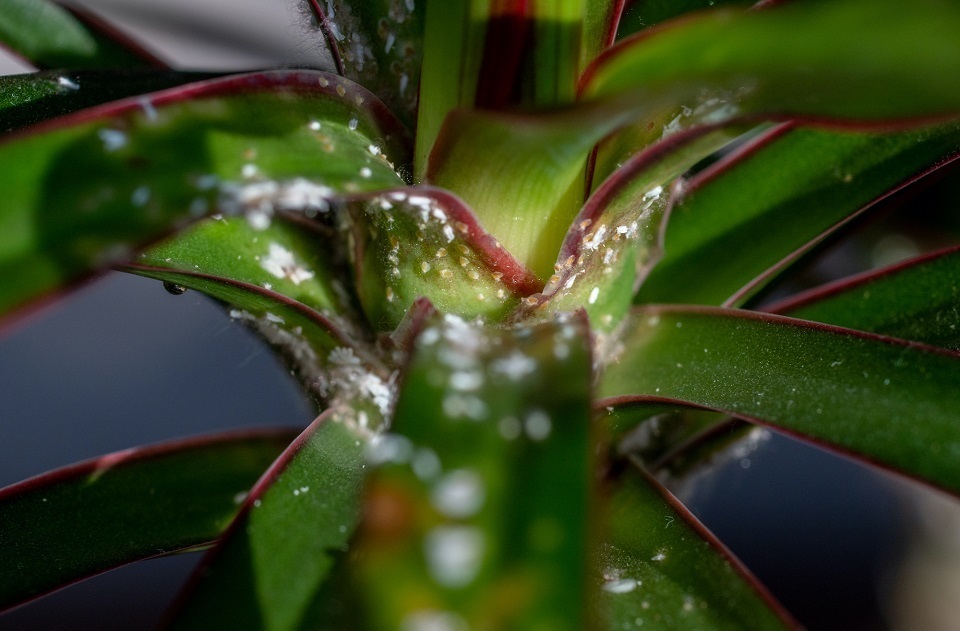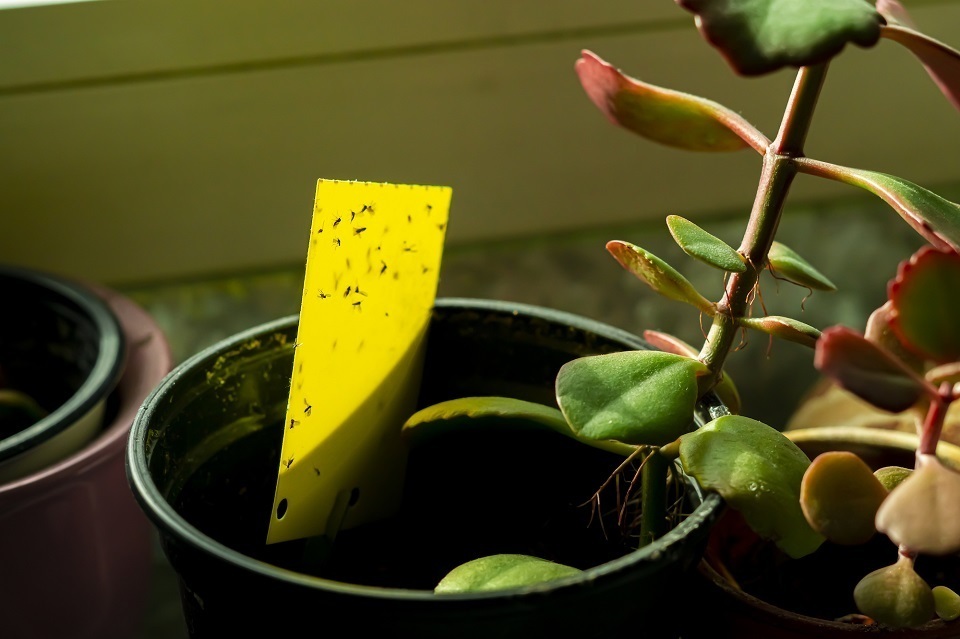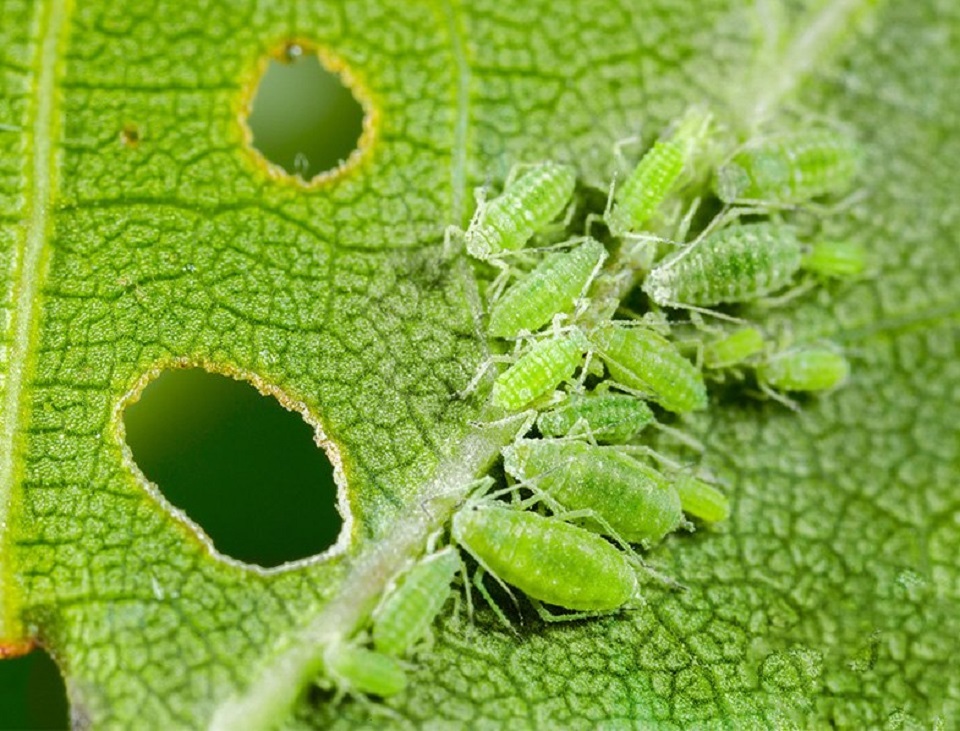Aphids on indoor plants. What are aphids? In this case, they’re pests. They can eat almost anything and suck sap from plant leaves. Because they’re so tiny, it’s difficult for humans to see them, which is why it’s so hard to get rid of them. Aphids are among the most common pest species on the planet. Their name comes from a Greek word meaning “to fly away.” Most species of aphids look like green caterpillars with a body segment on each side of their head that resembles a small leaf. But aphids don’t always live on plants, as they’re also found in forests, on the ground, in bird nests, in animal burrows, and in the soil.

Aphids on indoor plants, There are more than 500 species of aphids in the world
Aphids are tiny, sap sucking insects that cause plant damage in the form of wilted leaves and discolored, stunted growth. As a result, aphids are often seen as pests by homeowners because they eat the plant’s food reserves. There are more than 500 species of aphids in the world, most of which feed on plants within the family Asteraceae. The most common species to find in homes are the black-green aphid and peach-potato aphid.

There are many different types of aphids in the world, and each one is unique. Aphids vary from being able to produce honeydew, which attracts ants and increases the risk of fire ants, to creating a sticky coating that entangles plant leaves, reducing their photosynthetic ability. This can lead to decreased leaf size and overall crop yield. Aphids also eat away at the vascular system of plants, destroying cells and reducing the flow of water and nutrients throughout the plant. Aphids can even transmit viruses, causing crop damage and disease.
Aphids on indoor plants, How the loss of revenue due to aphids was identified

This is an example of how the loss of revenue due to aphids was identified. The first step was to determine what was causing the loss. What was the nature of the problem? How much was being lost? Then, the first question to ask is why? Why did the pests start to appear? The reason for the appearance of these insects is usually some sort of a change in the environment, such as a change in weather patterns, a change in the soil, or a change in the plants. What were the possible causes of the pest problem? This is where you will have to use your knowledge and skills to try to find a solution.
It’s a fact of life. All kinds of pests are going to be a part of your garden from time to time. The good news is that you can control the damage they cause, and they’ll help to keep pest populations down. Most common garden pests will simply leave if you pay close attention to their presence. If you see them, try and get rid of them as soon as possible. It will take some time for the aphids to find new hosts, so you may have to wait a while before you can start enjoying the results.
Aphids on indoor plants, How to control aphids using the natural way without using toxic insecticides

There are many different types of aphid infestations. This article will go over how to control aphids using the natural way without using toxic insecticides. It will help you understand how to get rid of aphids naturally.
You don’t need to buy pesticides to get rid of aphids. It is possible to control aphids and other garden pests using non-toxic solutions. All you have to do is to get some essential oils. Essential oils can be found at your local store. All you have to do is to make sure that you put a few drops of essential oils on the spot where the aphid has attacked. Then, you need to make sure that you put some white paper towels on top of the oil. This will prevent the oil from getting on the plant leaves. It will also keep the plant safe from any damage caused by the oil. You can use a spray bottle to apply the oil. You should make sure that you use only a drop or two. If you use too much, it can cause the plant to get a sunburn.
If you want to get rid of aphids, you have to do so in a way that will not harm the environment. There is a simple and effective method of controlling aphids without harming the environment. It is the use of an organic spray that is made from natural ingredients.
Control Aphids Invasion Using Organic and Non-Toxic Ways
Control Aphids Invasion Using Organic and Non-Toxic Ways. Aphids are small, sap-sucking insects. They usually suck the nectar from plants, but they can also feed on the leaves, buds, flowers, and roots of various crops. Aphids infest plants in the same way that white flies, scale insects, and spider mites infest crops.
These pests damage the leaves, stems, flowers, and even fruits. Aphids and other plant-feeding insects are especially troublesome in the spring and fall when there’s a lot of flowering and fruiting. They suck the nectar out of the flowers, buds, and fruits, causing them to wilt or drop. They cause stunted growth and poor fruit quality. When you see aphids, check for holes on the underside of the leaves or stems. If you see these, the aphids have been feeding on the plant.
Aphids are small insects that feed on the leaves of plants. Aphids also produce a sticky substance called honeydew. This substance can be quite harmful to plants. When an aphid feeds on a plant, it secretes honeydew, which contains a sticky substance that adheres to the plant. The plant can get damaged because the honeydew is sticky. This can lead to disease and insect damage. Also, aphids can suck the fluids from plants. They do this in order to keep the plant alive. Some people have reported that the honeydew from aphids can cause a bad smell in the house.
In conclusion
Most people don’t like aphids. They get on the plants and cause them to wilt. I know that some people get aphids on their bodies. They are irritating and bothersome. They can leave a sticky substance on your skin and you can even get an infection from them.
Aphids are tiny insects that are about two-millimeters long. They look like tiny green flies or mosquitoes. The first thing to do is to protect your plants. If you live in a home, you should keep your plant in a large pot. This is because a large pot will keep the temperature of your plant a lot higher than a small pot. This will help the plants to grow better and stay healthier. If you have a small house, you can place your plant in the kitchen. This will help to keep the heat up in your house.